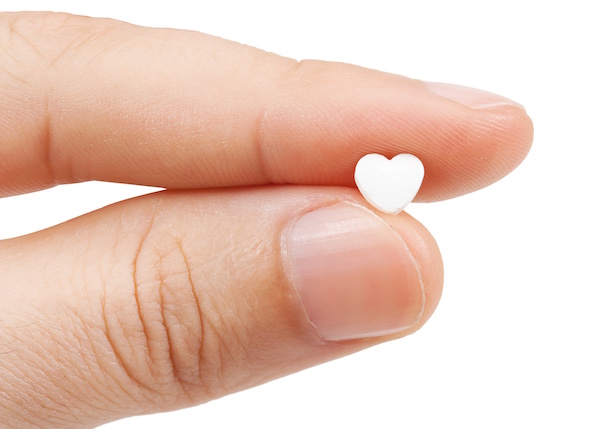
MONDAY, March 29 (HealthDay News) — There may be two types of multiple sclerosis and each may respond differently to treatment with the first-line drug commonly prescribed for the condition, new research suggests.
Among multiple sclerosis (MS) patients who take the popular drug, known as interferon beta, overall effectiveness is only fair, with about half of all patients experiencing an average one-third reduction in recurrences, according to researchers at Stanford University.
MS is an autoimmune disease that occurs when immune cells called T cells attack the protective myelin sheathing around the nerves of the central nervous system, resulting in symptoms such as paralysis and blindness.
In this study, which was performed in mice and human blood samples, investigators focused on two cytokines called gamma interferon and IL-17. Cytokines are chemicals used by immune cells to communicate.
The researchers found that treatment interferon beta benefited mice with MS induced by gamma-interferon-secreting T cells but worsened symptoms in mice with MS induced by IL-17-secreting T cells.
In the next phase of the study, the researchers found that human blood samples with low levels of a variety of IL-17, called IL-17F, responded well to interferon beta treatment while those with very high IL-17F levels (about one-third of patients) responded poorly to the drug.
The study results were published online March 28 in the journal Nature Medicine.
If the findings are confirmed in large human studies and by other laboratories, it could mean that MS patients might someday be able to have a blood test to determine whether they’re likely to respond to treatment with interferon beta, senior study author Dr. Lawrence Steinman, a professor of neurology and neurological sciences at the Stanford University School of Medicine, stated in a university news release.
More information
The National Multiple Sclerosis Society has more about multiple sclerosis treatments.

